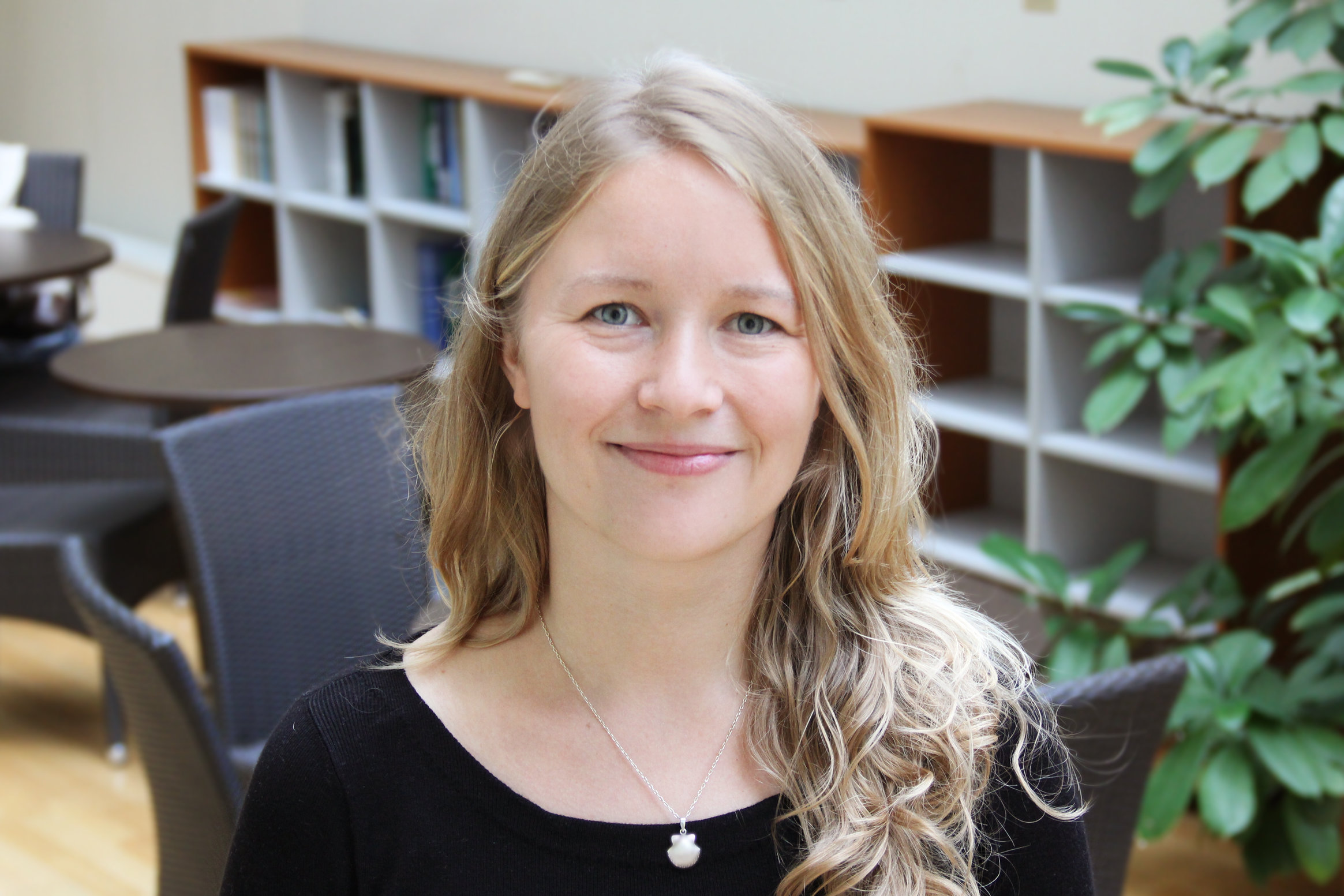VU TSPMI lecturer Dr Lina Strupinskienė (Deputy Director for Studies) advises on the skills needed to study during critical times.
Lina, in your opinion, what are the most valuable skills in such a context? May you please list them?
There have always been crises, and there will undoubtedly be more in the future. A migration crisis replaced the 2008 economic crisis, then we had a pandemic crisis, and now a security crisis. On the other hand, experts also talk about crises of democracy, trust, truth, etc. Knowledge becomes essential in a time of constant turmoil. Understanding what is going on is crucial. It requires learning to ask good questions and quickly select reliable information so that we can understand and assess what that crisis is. For example, is a pandemic a crisis over health or trust in institutions, or perhaps a crisis of faith in science? It is essential to understand the context, know the history, understand what tools we have, and what operating principles work. It is also important to be able to cooperate because one by one, we will hardly be able to do something, to be able to listen to different perspectives, find solutions together and not be afraid to take responsibility for action, and then talk about it, understandably, transparently and openly. Various studies analysing future societies’ needs lead to similar conclusions: in the future, the most needed will be a problem-solving approach, critical thinking, the ability to choose reliable information, interdisciplinary thinking, complex negotiation, proper communication, continuous learning and improvement.
How to acquire and select the listed skills?
Part of that work is done for you by the university, as curricula are designed to develop those skills. The most important thing is to take what is given, not be afraid to participate, try, make mistakes, experiment, and learn.
What would you recommend to a student who has difficulty “entering” a course of study and does not feel brave enough to share their thoughts with other students?
Interestingly, the vast majority of students feel the same way. Everyone tends to think that others are smarter than them and that their ideas are not worth paying attention to. But there is not much to lose. You are afraid only at the expense of your improvement. The TSPMI environment is amiable and open. Here, we all learn together as we analyse topics that are new to everyone. Things are changing fast, so it’s essential to understand the very principle of thinking about problems, and we only learn it by doing the same thing many times. The secret – remain trying as much as you can.
The world is facing many challenges right now: we have had a two-year global pandemic, instability in Europe, and a war in Ukraine. How does IIRPS VU help students free themselves from stress and provide them with a comfortable and reliable environment?
The uniqueness of IIRPS VU is that It is a particularly close community, where everyone contributes to creating a safe and open environment. First of all, our lecturers. For example, at the beginning of the war in Ukraine, there was probably no professor or lecturer who would not have talked about the situation during his classes. Lecturers asked students how they felt, helped them orient themselves, and supported them. We even organised a consultation for lecturers with professional psychologists to make it as smooth as possible for them to help students. In addition, students, especially student organisations that run tutoring programs, are beneficial. We also have a mentoring program in which our alumni participate. There are even two academic advisors, and the doors of the study department are always open. By the way, Vilnius University has its psychological counselling centre, where emergency care is provided, and various training is organised, from how to deal with stress during the exam period to the possible ways to read the information received from the war front. From the fall, TSPMI will have a psychologist dedicated to our community, so we will try to avoid queues and ensure that help is always available nearby.









